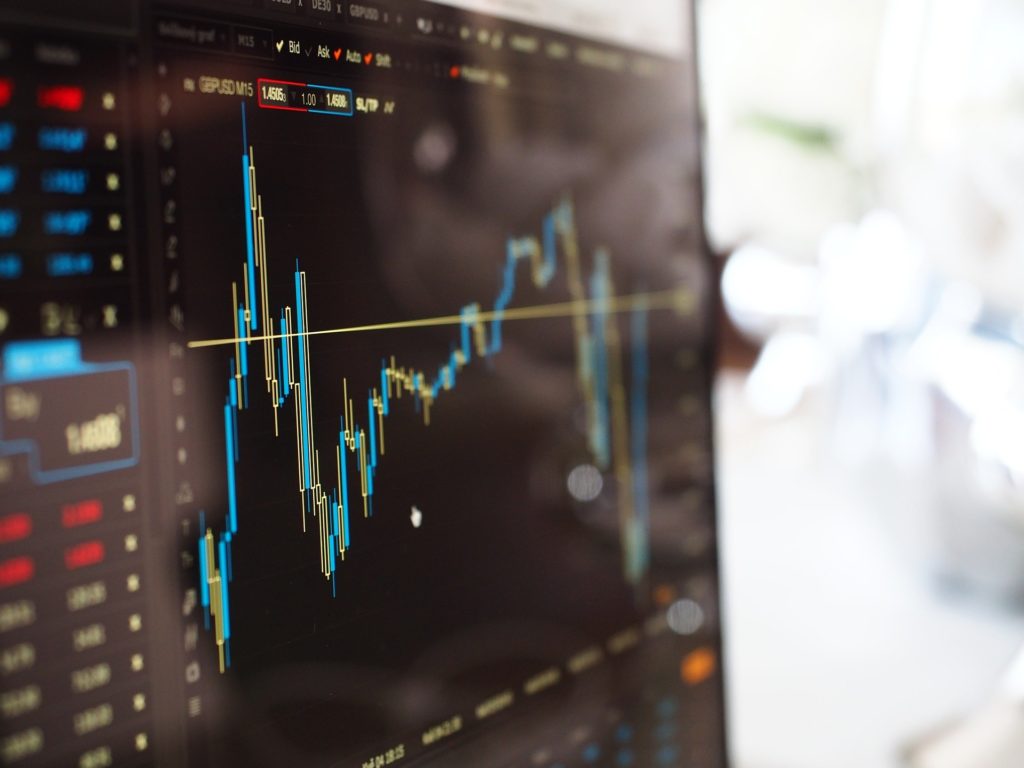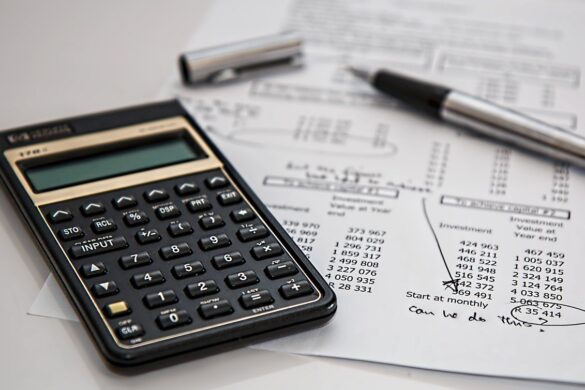
If you have ever traded, you probably count only on a high profit, not knowing the rules of Forex very well. But every good trader should lick at least the surface of the topic before investing in the stock. The first important thing is to comprehend the role of Forex. This global market for the trading of currencies determines foreign exchange rates for every currency. It’s the largest market worldwide, trailing the credit market far behind itself.
What is it about? You can buy, sell, and exchange currencies at current and determined prices there, of course, at your own risk. To earn as much as possible, you could do some research beforehand and get up on the international market. It would be perfect if you got to know not only your domestic brokers but also the foreign ones, for example, the Best German forex brokers. They may be either private persons or firms that offer help in making a transaction between a buyer and a seller for a specific commission. Therefore, it’s quite beneficial to use a broker who has usually an extensive reach. With their guidance, you won’t lose all the money that you put on shares so quickly, but quite the opposite- you can significantly enrich. To become a dark horse, that’s not enough, though. You’d better find out something about different Forex trading instruments, which will help you win a race.
Basic Instruments
Generally, Forex trading instruments may be divided into basic instruments and derivatives.
Currency Pairs
The first type of basic instruments is a currency pair, which is simultaneously the most common tool used in online trading. It’s basically about buying one currency at the same time as selling another one. The first currency is called the base currency, whereas the second one is referred to as either the counter or quote currency. Here, you can often encounter such a term as Major, which are the most traded currency pairs worldwide. Among them, there are euro, US dollar, Japanese yen, pound sterling, Australian dollar, Canadian dollar, and the Swiss franc.
“Dollar Pairs”
There are many various currency pairs, but the most liquid on the market are believed to be those with the American dollar. So “dollar pairs” are all those containing the dollar and another foreign currency.
Cross Courses
Cross courses are instead, the pairs without the American dollar, but this particular currency determines their quotation. How? You need to establish the quote of both pairs separately and then multiply them to get a final result.
Stock Exchange Instruments
The most popular derivatives are stocks. The exchange between sellers and buyers always takes place on the stock exchange. Thus, shares are pretty safe in comparison to others, since they are additionally regulated by particular institutions, for example, in the US, by the Securities and Exchange Commission (SEC). Moreover, in the case of any unfair action, you’ll be legally protected, for instance, by brokers. Betting shares is also more predictable in terms of price movements, though more expensive.
“Contracts For Difference”
In recent years the so-called “contracts for difference” have gained in popularity, being frequently offered to clients by brokers. This financial instrument is based on the guess of the price and making money on the difference between the present and future monetary value. There are, however, two sides of the same coin of choosing CFDs. On the one hand, the trader saves money necessary for the administration of shares, but on the other hand, he or she loses all the possible benefits, like dividends or the rights to vote.
Mutual Funds
The last basic instruments presented in this article are mutual funds, which are chasing stocks and bonds. This instrument is easily accessible and willingly chosen, especially by private investors due to their high cost-efficiency and safety since they are under strict state regulation. However, some people are scared of mutual funds because they require taking higher investment risk.
Derivatives
Another common Forex trading instruments are derivatives. These are contracts, or in other words- bets, between two or more parties, which derive their value from fluctuations in the underlying asset. Among these assets, you can distinguish stocks, bonds, commodities, currencies or interest rates. When it comes to derivatives themselves, the most popular are features and forward contracts, as well as, options.
Futures Contracts
Futures contracts are traded on the stock exchange. Then two parties negotiate the price of the underlying asset. At the delivery time, the seller either gives the underlying asset to the buyer or pays the difference between the fixed price and the current one.
Forwards Contracts
Forwards contracts are different from futures in such a way that they are over-the-counter trading instruments and they only deliver goods, so no speculation is possible here.
Options
Options, however, give traders the right to sell or buy certain products at a predetermined price in a given period of time. These instruments are usually offered by binary options brokers.
As has been demonstrated, trading isn’t only about putting money on the stock exchange and waiting for a win. It’s much more. And Forex offers you different trading instruments to succeed and clean up.









